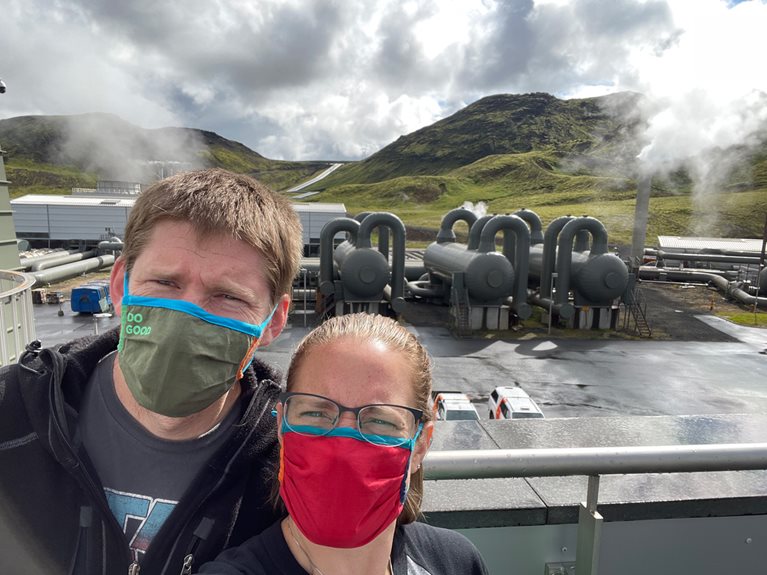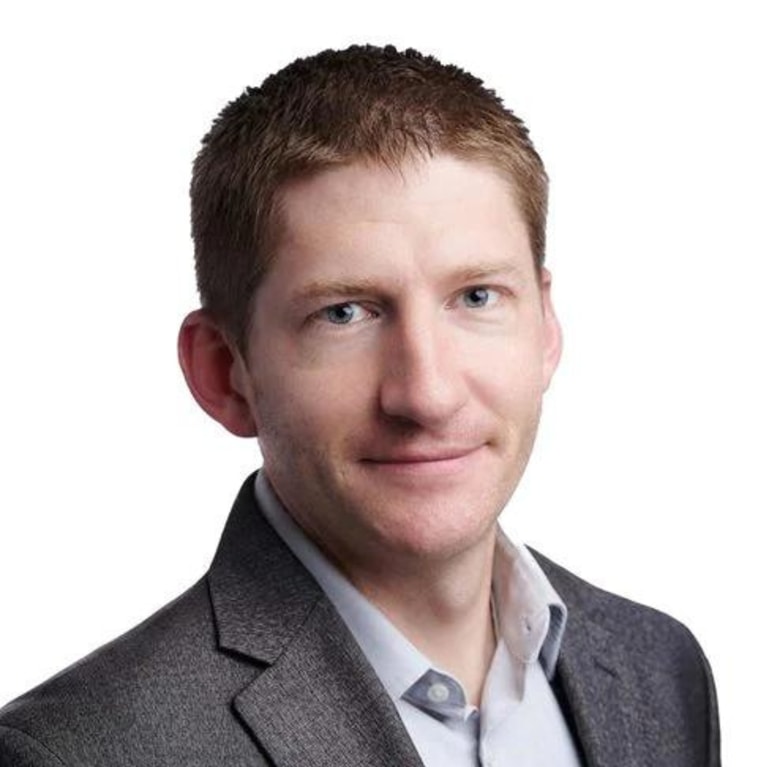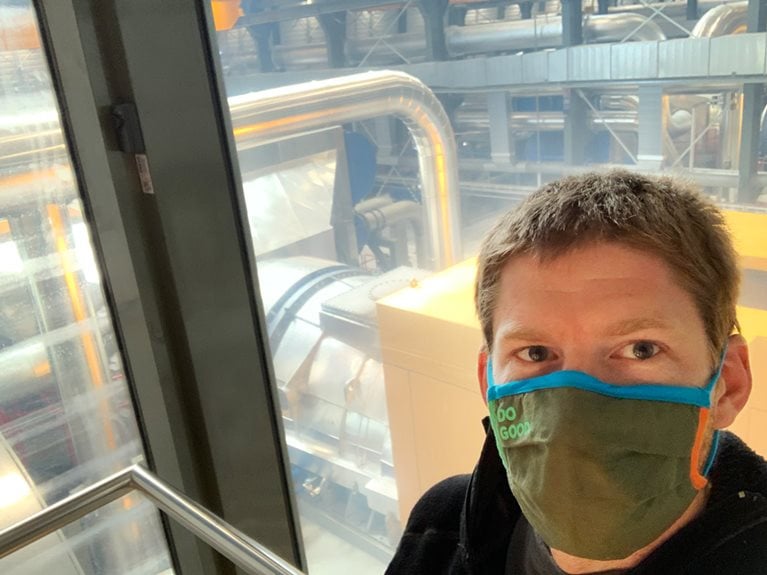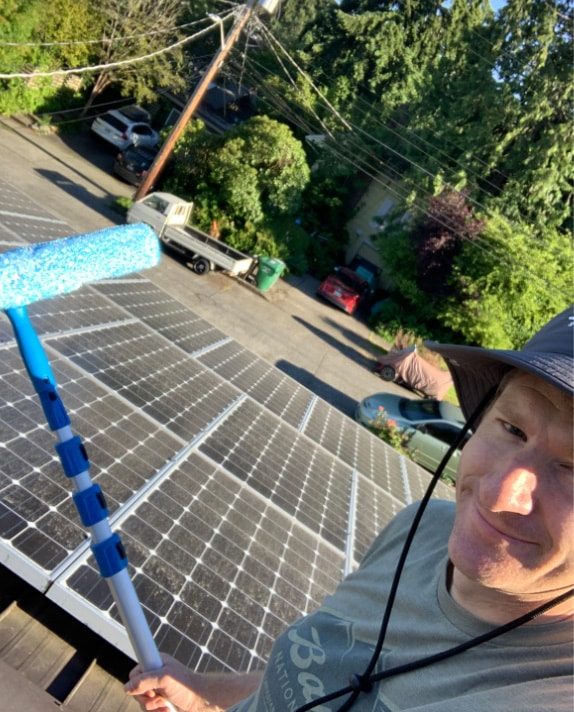For Jesse, working within McKinsey’s Global Energy & Materials Practice wasn’t part of his career plan. The Seattle based partner always dreamed of a life in academia, but a decision to try something new has turned into an 12-year career at McKinsey – one that empowers him to play a key role in the energy transition.
We sat down with him to learn about the path that brought him here and how he discovered his passion for sustainability.

What brought you to McKinsey?

A year before I was meant to get my PhD in physics, I realized I didn’t want to be an academic. I had planned to be a professor, but after attending many conferences, the path no longer excited me. I could barely read my own papers. I had a bit of an internal crisis because I had no plan for my future.
I felt that I didn’t have marketable skills. I was writing code in a scientific language several decades old. I viewed myself as a smart, relatively skill-less person. So I decided to learn how to live in a business environment via a year of consulting before moving on to a job I was excited about. This led me to McKinsey.
Once I got to McKinsey, I felt like I had imposter syndrome. Many of my colleagues had gone to business school and had been running cases for years – and I was an academic. I didn’t understand the “what” and “why” of our work when I first started. But then I found the part of our firm that was focused on energy, and suddenly everything clicked. I discovered the people I wanted to surround myself with and the problems I wanted to tackle.
Along the way, I met many colleagues who wanted to invest in my growth and development and wanted me to not only learn – but succeed. I very quickly realized that at McKinsey, your ideas and drive and appetite for learning matter more than where you went to school, or what you studied.
Where does your excitement for climate change come from?

It’s easy to feel overwhelmed by worst-case climate scenarios. That’s because the actions that make the most meaningful difference are out of our hands as individuals. Most companies recognize the status quo isn’t a sustainable business model, but they are still figuring out how they can make meaningful changes.
At McKinsey, I can influence change at that scale. I’m working with clients to invest in energy areas that are starting to grow. I help clients see the possibilities ahead, including the financial upside of making these investments now. I present investments as opportunities. Ultimately, I am not there to convince them of the science. I am there to convince them that people who matter believe this is the direction we need to go, and that’s how we move the needle on the energy transition. That’s exciting and rewarding to me.
How do you fuel your passion for sustainability outside of work?
Shortly after buying my house, I started taking small actions in my personal life that I had power over. I swapped the halogen and incandescent lightbulbs for LEDs and replaced all gas-powered equipment. I now drive a battery-based electric vehicle, shop for products with less packaging, and grow my own vegetables.
On a larger scale, I installed a ten-kilowatt solar energy system, which produces enough energy to cover the energy usage of the house and enables real time monitoring. It’s become a ritual for me to go up to the roof and squeegee clean the panels.
Of course, none of this can save the planet by itself, but it makes it part of the conversation. And that awareness is net positive and helps manage climate anxiety.
How does your personal passion translate to your work with clients?

I love sending this picture to our clients when someone’s asking about a load profile—basically, how much energy a building uses at each time of the day for each day of the year. I can pull up a web browser that shows my profile. It helps these conversations feel less like a sterile Excel exercise, and more like something that exists and has consequence in the world. Because it does.
What does it actually mean to electrify heating in people’s homes? Why is that harder in the Midwest than the South? My lifestyle helps ground those explanations.
What keeps you at the firm?
I feel fortunate that my role allows me to meet clients where they’re at in their energy transition, and I am able to share the financial and human impact of this work in ways they’ll find most moving. Getting to this point in my career was never the life goal, but it’s been 12 years, and I’m still here because every Monday I get up excited for the week ahead.